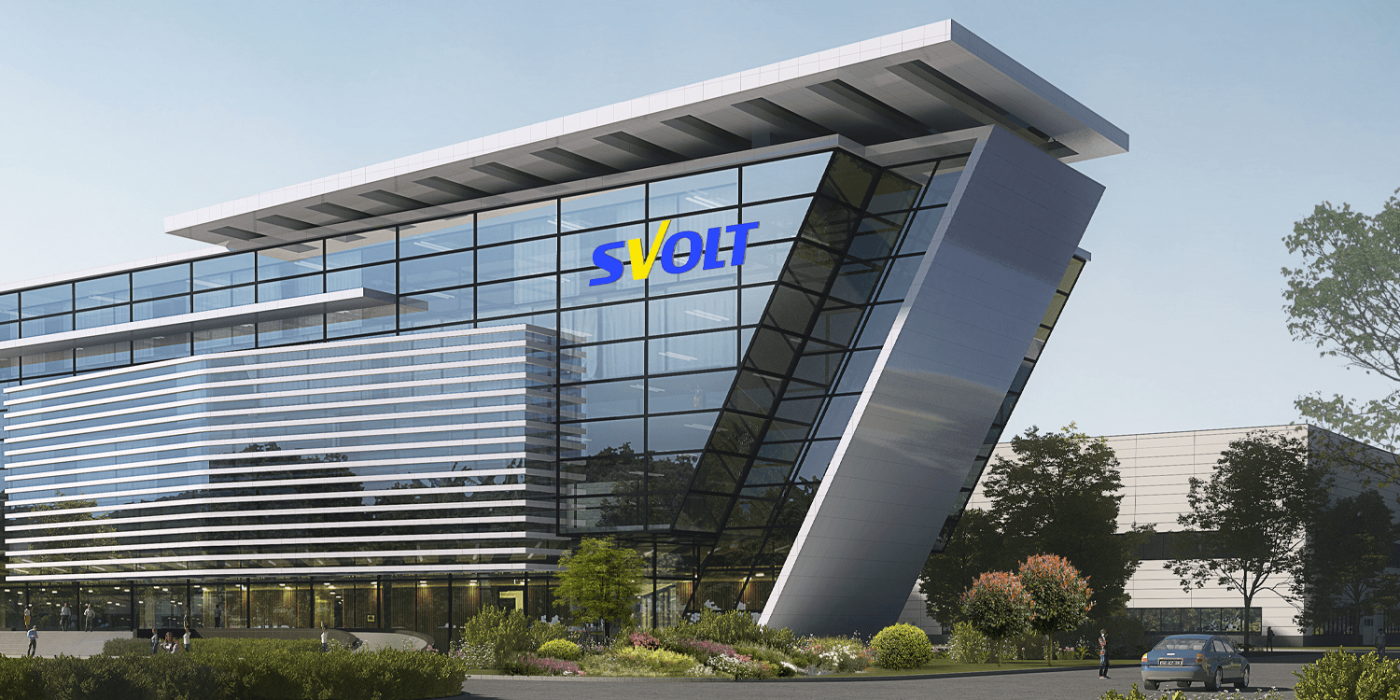SVOLT to hit the Chinese stock exchange
The battery cell manufacturer SVOLT, which emerged from the Chinese carmaker Great Wall, has applied for its IPO in China. The listing on the Star Market technology exchange is expected to bring SVOLT 15 billion yuan (around 2 billion euros).
SVOLT intends to invest these proceeds mainly in the expansion of production capacities, but also in research and development, according to Chinese media from the filed IPO prospectus. The market valuation of SVOLT is expected to rise to up to 60 billion yuan with the IPO – the equivalent of 8.2 billion euros. In other words, with shares worth 15 billion yuan and a valuation of 60 billion yuan, 25 per cent of the company is to be traded on the stock exchange.
SVOLT is currently still one of the smaller Chinese battery manufacturers but has big growth plans. In the first half of 2022, SVOLT ranked 10th in the world – with an installed production capacity of 2.6 GWh and a market share of 1.3 per cent – according to an analysis by market research firm SNE Research.
Current customers include Great Wall, Geely, Leapmotor, Dongfeng, the Geely brand Voyah, Seres, Hozon Auto and, most recently, Xpeng. SVOLT is supplying the battery cells and modules for the Xpeng P5 here.
As reported, the company is planning a complete battery industrial park in the city of Dazhou in the Chinese province of Sichuan in order to locate the entire production chain for LFP batteries there – together with partners. In addition, SVOLT is researching solid-state cells and is also expanding at other locations in China: a new cell factory in Suining (also Sichuan province) was only commissioned at the beginning of November.
In September it was announced that SVOLT will take over a factory in Lauchhammer, Brandenburg, where Vestas last produced blades for wind turbines. A cell production facility is to be built there. With a planned start of production in 2025, the plant in Lauchhammer is to go into operation before the first European plant in Saarland – where the start of production is to be delayed to 2027.





0 Comments